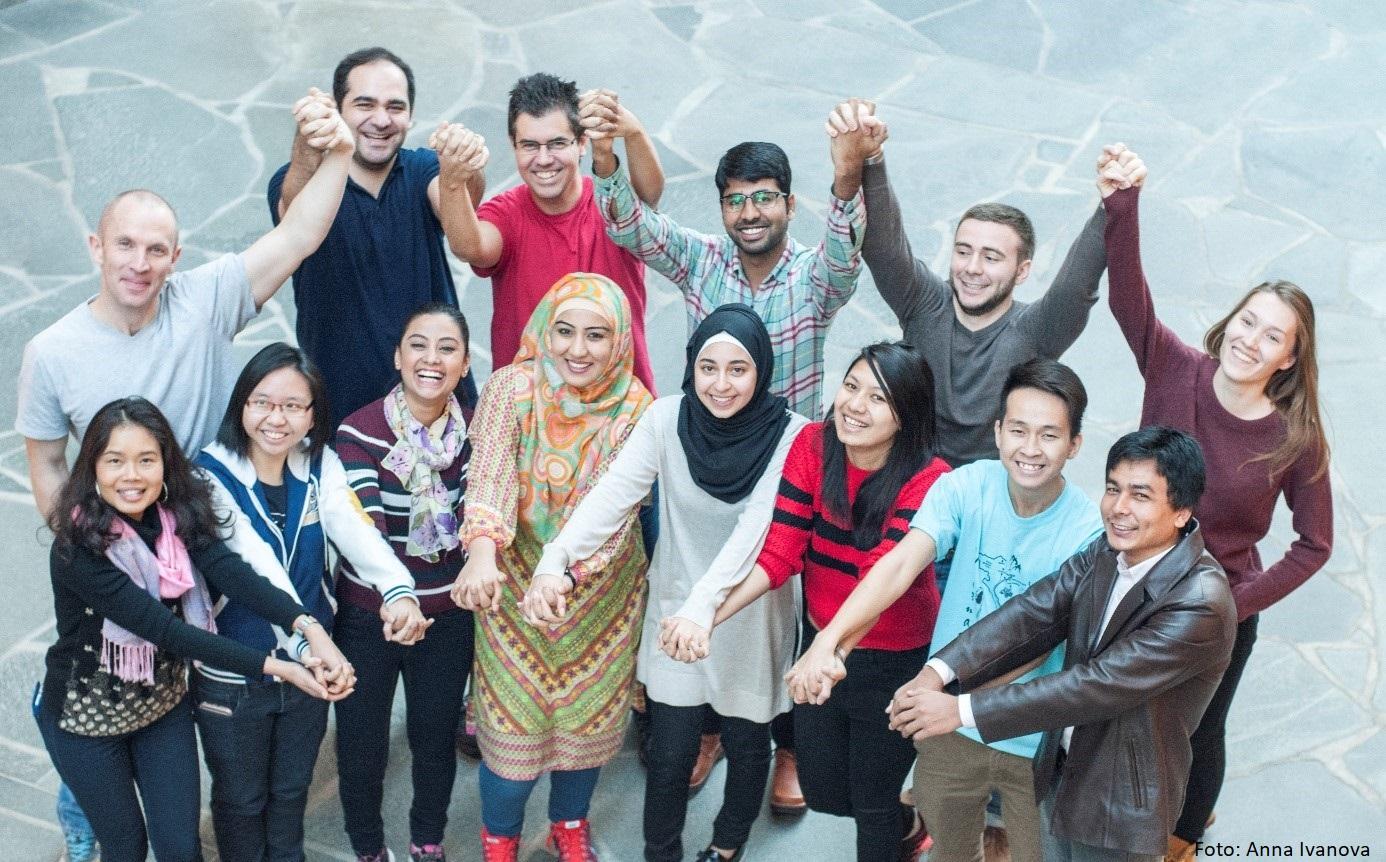Ready to study in Norway’s Arctic beauty? This one-year programme requires no prior knowledge of Norwegian. Admission is conditional for applicants who plan to continue into one of our bachelor’s or master’s programmes at the Faculty of Engineering Science and Technology after completing this course. Welcome to Narvik!
Applicants must have completed the general entry requirements for the University and must meet English language requirement.
Knowledge of Norwegian language is not required at the entrance stage.
After passing the exam, you will be qualified for admission to further studies at UiT.
Admission capacity
25 places
* The programme is advertised with the proviso of a sufficient number of applicants and approval.
You will find more information about international admission here.
Non-EU students must be prepared to pay tuition fees.
- Non-EU/EEA applicants: 9010
- EU/EEA + Swiss applicants: 9012
Program description
The study is designed for full-time students and requires dedication and hard work due to a very rapid progression. While continuously focusing on language learning, students are also introduced to Norwegian civilization, history and literature. Working in groups with a project in the second semester, is an important part of the study and gives the students valuable experience with this work method.
Learning outcomes
This programme follows the national curriculum Læreplan i norsk og samfunnskunnskap for voksne innvandrere, which is regulated by Norwegian law on the introduction process for immigrants. The curriculum is aligned with the Common European Framework of Reference for Languages (CEFR), which defines three main levels of language proficiency:
- A – Basic user
- B – Independent user
- C – Proficient user
Each level is divided into sub-levels: A1, A2, B1, B2, C1 and C2.
After completing the programme, the candidate has the following learning outcomes:
Knowledge
- Have basic knowledge of Norwegian at level B2.
- Be familiar with key aspects of the Norwegian language, culture, and society.
- Know how to compose texts in Norwegian.
Skills
- Communicate effectively in Norwegian, both orally and in writing.
- Understand spoken and written Norwegian, including academic and technical texts.
- Follow lectures in Norwegian.
- Write with a satisfactory command of grammar, syntax, and vocabulary.
- Reflect on central characteristics of Norwegian society.
General Competence
- Possess the necessary foundation to pursue studies in Norwegian, where teaching and course materials are in Norwegian.
- Be able to follow current events in Norway and internationally through Norwegian media.
Access to further studies
Study plan
Language of instruction
Initially English is used, but gradually Norwegian will be the main language.
Teaching and assessment
The instruction consists of reviewing new and familiar material, completing exercises, taking tests, attending lectures, watching instructional videos, participating in study sessions, working in groups, engaging in discussions, and completing homework. A variety of student-centered learning methods are employed, including both independent study and collaborative group work. These activities take place both in-person and digitally. Common activities include language production in both written and oral forms, such as text writing, oral presentations, role-playing, recorded oral exercises, quizzes, music, working with audio materials, and other digital resources.
Tests are conducted regularly throughout the academic year and serve a formative function. All language production activities are mandatory.
In the second term, students complete a group project in which a topic is assigned. Students formulate a research question and provide a response within three weeks, receiving guidance throughout the process. The project report must be passed in order for students to qualify for the final exam in the course.
Destinations for studies abroad



